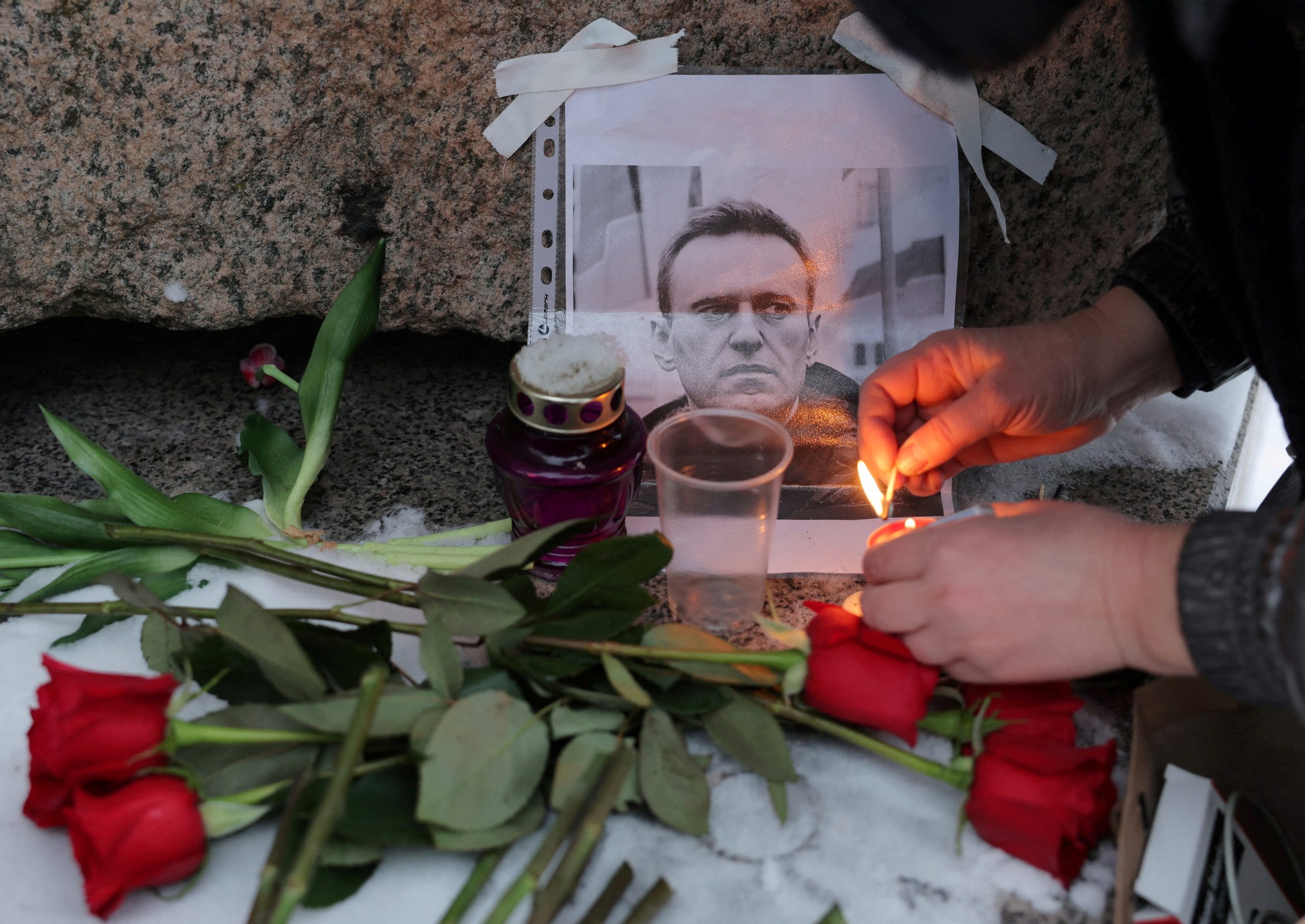One of the central implications of the analysis in Climate of Contempt is that the energy transition is inextricably intertwined with U.S. political dysfunction. In chapter 6 I cite scholars who study transitions from democracy to populist authoritarianism who contend not only that “it can happen here” but that “it may already be happening here.”
Steven Levitsky and Daniel Ziblatt, Timothy Snyder, Anne Applebaum and others warn of parallels between historical transitions from democracy to repressive dictatorships and the United States today. To that list add Johns Hopkins political scientists Robert Lieberman and Suzanne Metzler. Here is the abstract of their 2023 article, “The Crisis of American Democracy in Historical Context“:
The present is not the only time in American history that American democracy has been at serious risk of backsliding. When we place recent developments in a broader historical and comparative context, we discover that any of four known threats to democracy can weaken it and lead to backsliding. These include political polarization, conflict over who belongs in the political community, high and rising economic inequality, and executive aggrandizement. American democracy has often been fragile, and each past episode of democratic fragility was characterized by some configuration of these four. Now, for the first time in our nation’s history, we face the confluence of all four threats at once. Analyzed through this framework, the January 6, 2021, attack on the U.S. Capitol was not a surprise. Although the attempts to overturn the 2020 election failed, the threats remain with us.
Centuries earlier Voltaire famously warned that those who can make us believe absurdities can make us commit atrocities. Recent U.S. history has demonstrated the power of the propaganda machine — the potent combination of ideological and social media — to make us belief in absurdities. Indeed, it is now almost commonplace. The propaganda machine works cultivates false belief first by cultivating fear and and sense of grievance with impressive efficiency.
Consequently, more and more people feel contempt for those outside their own political group. There is more cross-party support for the idea that political violence is sometimes justified. And more and more GOP leaders express open admiration for Vladimir Putin (despite his evident brutality) and openly align themselves with other populist authoritarians. We see states criminalizing kindness toward immigrants and women seeking abortions. These developments look to many of us like the beginnings of something even more sinister.
While primary responsibility for violence or persecution falls on those who commit those acts, the mass of voters who reward and tolerate those acts by their co-partisans seem ethically complicit. As Martin Niemoller so eloquently observed, political persecution sneaks up on people. It happens incrementally, and moves from narrower to broader targets. At each step many smart and decent people assume (or infer) that the worst of it is now behind us and the pendulum will swing back toward humanity and decency. Attacks on providers of legal aborton services, migrants who legally present themselves for asylum, voting rights, and (most recently) the independence of higher education look like steps in that incremental process (at least, to some of us).
And in every transition there are people who dismiss warnings like those sounded by Levitsky, Ziblatt, Applebaum, and Snyder as unwarranted hysteria. But once the autocrat can employ either state violence or private mobs against his targets with impunity, standing up to repression and the (actual) rigging of elections becomes far more costly and difficult than it would have been at earlier stages of the transition.
Frustratingly, those who empower the rise of populist dictators don’t see themselves as complicit. To the contrary, they often feel like they are part of a heroic defense of their values and their country. However inaccurate that perception may be, it is worth remembering that one person’s political persecution is another’s righteous struggle.
In this way, the Republican Party’s problems are everyone’s problems. And they are certainly central to the future of the energy transition. It would be nice if more conservatives who currently hold office would follow the lead of Liz Cheney, Adam Kinzinger, and Mike Pence and oppose their party’s transition toward populist authoritarianism more openly. Maybe a stronger chorus of opposition from within the party would persuade a critical mass of Republicans to reject authoritarian populism with their votes. Unless and until they do, the energy transition is likely to fall well short of its goals. — David Spence



